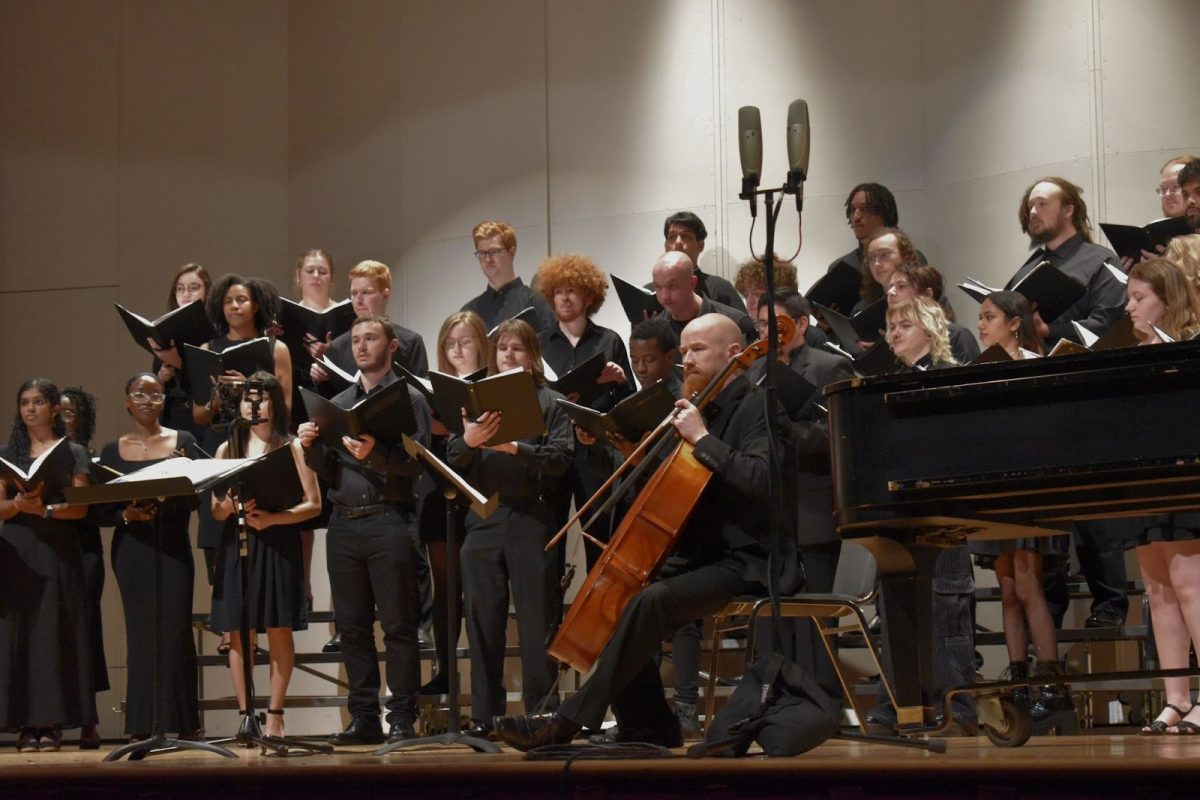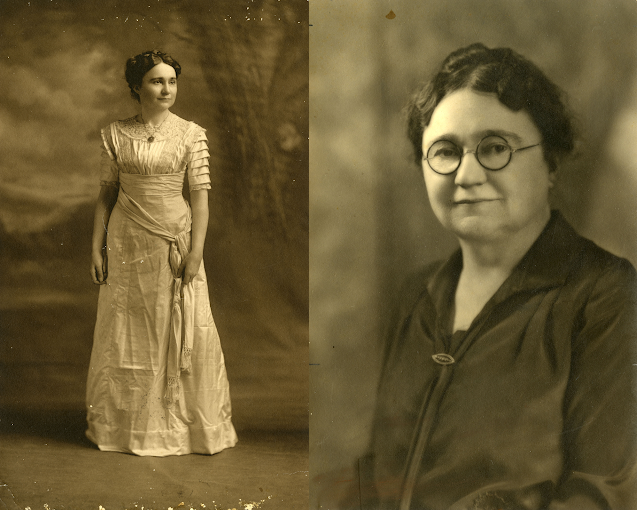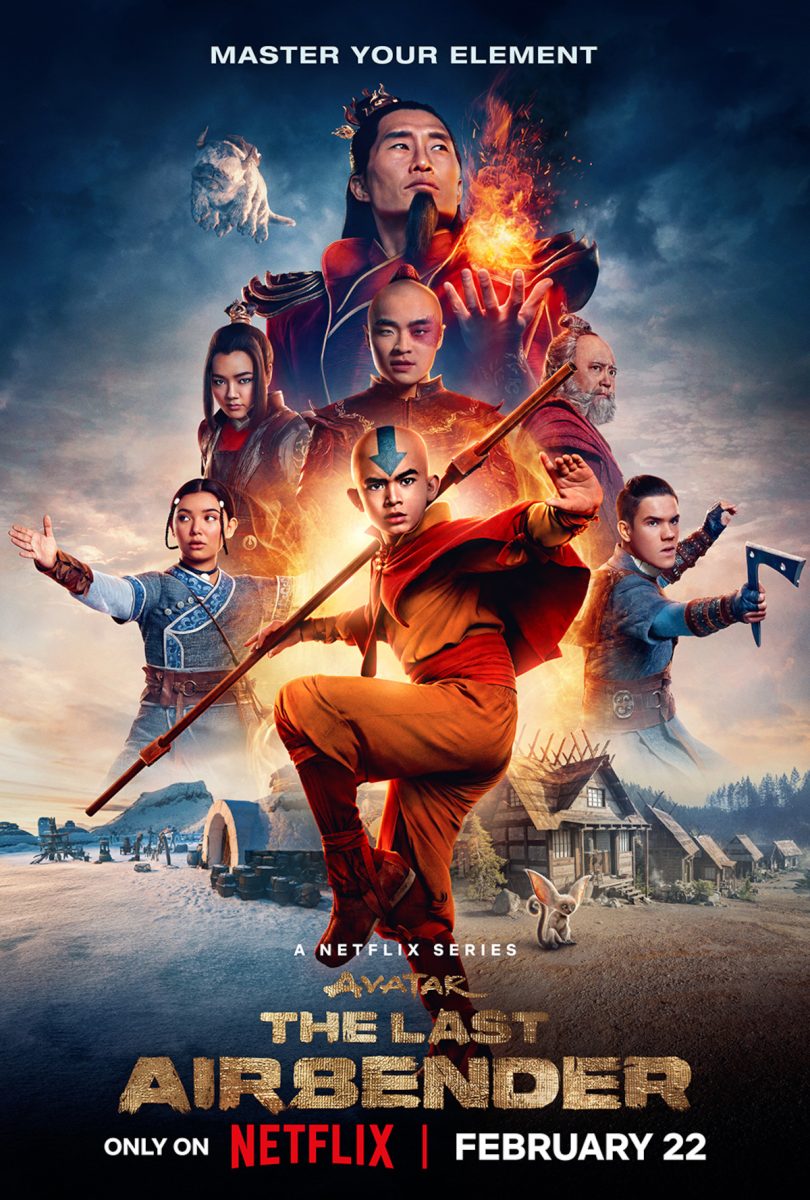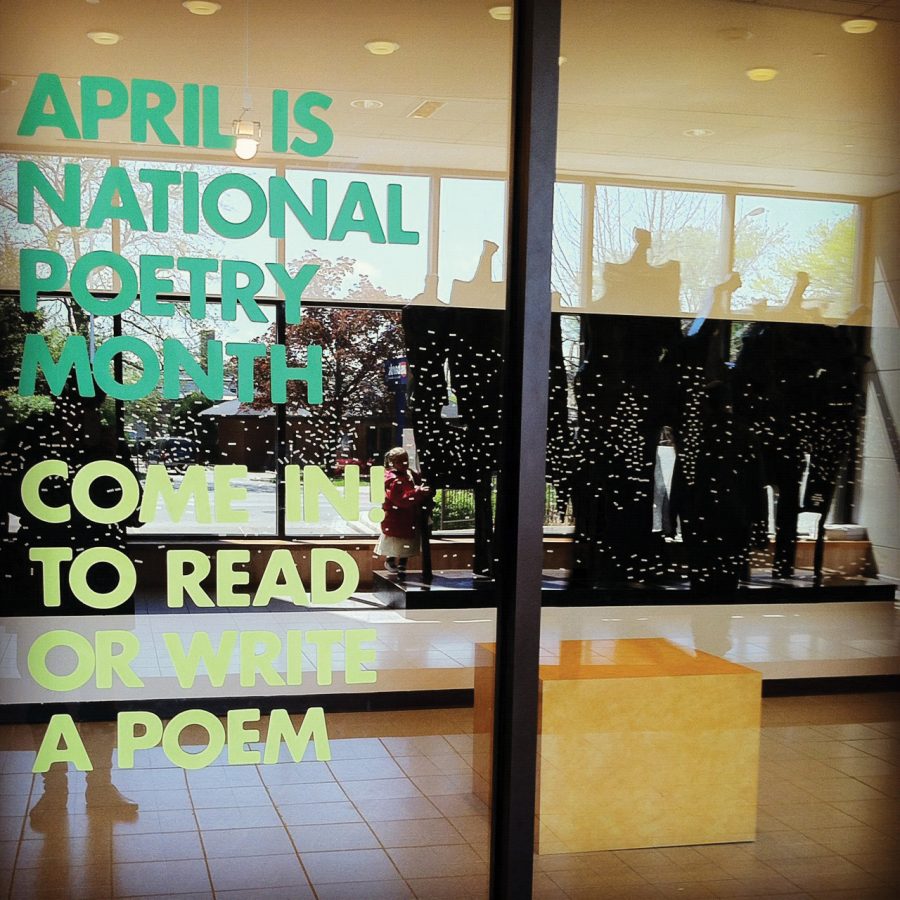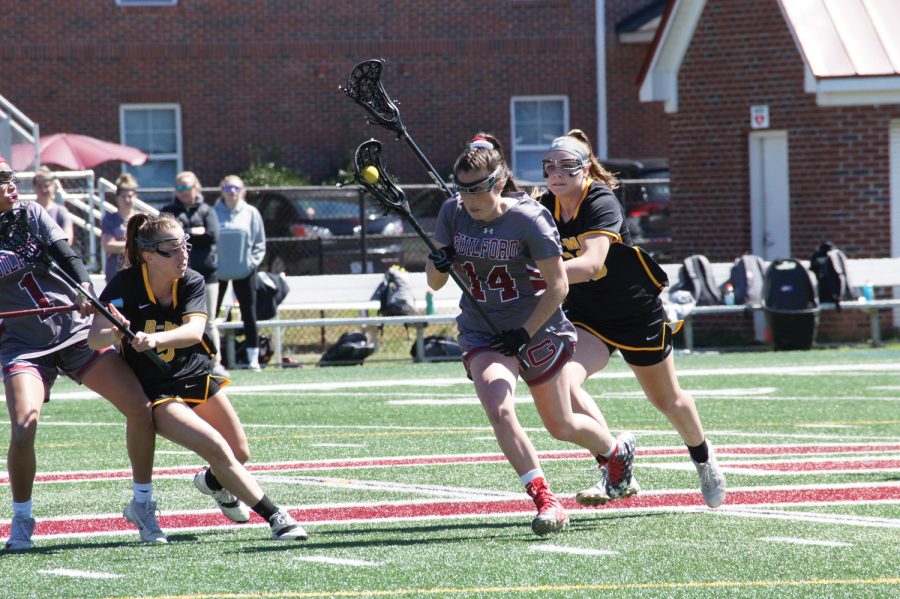It began with a moment of silence, a Quaker tradition of a period of thoughtful contemplation signifying respect. On Wednesday, Nov. 2, New Garden Friends Meeting held the annual J.M. Ward Distinguished Quaker Visitor Lecture, an event that the meeting has organized for over 30 years. The lecture is named after a Quaker businessman who gave money to the school and entails a speaker coming to visit campus for multiple days as a distinguished guest. This year, Vanessa Julye, an African-American Quaker, took to the stage to address an audience of nearly 75 Quakers and interested students, faculty and staff of Guilford College. During her 90-minute presentation, Julye spoke about the history of white supremacy in the Americas and its effect on the Quaker faith and African-American Friends. She also covered the history of racism at Guilford. Julye is the Program Coordinator of the Ministry on Racism and Youth Ministries at the Friends General Conference and co-author of the book “Fit for Freedom, Not for Friendship: Quakers, African Americans, and the Myth of Racial Justice” with Donna McDaniel. “(It required) an astronomical amount of research,” said Julye, explaining how her book took seven years to write. People at Guilford have known about Julye and her book for a while. Wess Daniels, the director of Friends Center Quaker studies, teaches Julye’s book in one of his classes and was one of the people that helped select her to be a speaker. “Her book is really about … demystifying the Quaker narrative around racial justice, which is often very tilted towards white saviors,” said Daniels. Julye became a Quaker when she was in her 30s after applying for a job at the Friends World Committee for Consultation. However, this was not the first time that she was exposed to Quakerism. When she was younger, Julye attended Westtown School, a Quaker institute located in West Chester, Pennsylvania. “I was very clear at that time that I did not want to be a Quaker,” said Julye in an interview the day after the talk. “I saw it as a white religion, and I was not willing to isolate myself in that way. If I was going to join a religion, it would be an African-American one.” Despite this sense of isolation, Julye returned to the Quaker faith, where she and other Friends of color experience racism on a regular basis. “The racism that I have experienced within Quakerism is subtle,” said Julye. “It’s not as blatant as it was in the beginning, but there are subtle statements and behavior that happen that are termed ‘microaggressions.’ “For me they are not micro, they are aggressions, but they do have more than a micro impact.” Julye highlighted the roots of these microaggressions in her speech. One of the key causes of racism within the Quaker faith is the Doctrine of Discovery, the idea that Christian explorers had the right to lay claim to all land that they discovered. This concept was used to justify the removal of indigenous people and enslavement of Africans and permeated into the Quaker meeting — an institution applauded for its activism in the abolition movement. “(These racist aspects) of the founding of Quakerism in America are always swept under the rug, and Vanessa has done a great job of unearthing (them),” said Olivia Chalkley, a senior at Guilford. Other attendees of the talk found it to be informative and learned new things about the history of Quakerism. “I felt her talk was very helpful in understanding the back history of white supremacy and issues of whiteness within the Religious Society of Friends,” said sophomore and Friends Center intern Emma Graham. Daniels also spoke on the effect of Julye’s talk, citing the opportunities it creates for growth. “Anytime you challenge a dominant narrative there’s potential for new insight, there’s potential to inspire people,” said Daniels. Julye will continue to speak out on the history of racism in the Quaker meeting through her role at the Friends General Conference and at her Philadelphia meeting. She will participate in an upcoming November Meeting of Friends, as well as several conferences in 2017. “I think that social justice is a part of Quakerism,” said Julye. “If you’re going to talk about our testimonies of peace and integrity and equality, those are all very much a part of social action. How can you separate that from Quakerism?” At the conclusion of her speech, Julye issued a call for action against white supremacy and institutionalized racism in the Quaker meeting and the United States as a whole. “I encourage you to be aware of your thoughts, words, actions and how they might contribute to a system that disadvantages entire groups of people,” said Julye. “Dismantling white supremacy and privilege must be done on a personal, political, and institutional level.”
Vanessa Julye speaks about racism and Quakerism
Leave a Comment
More to Discover
About the Contributor
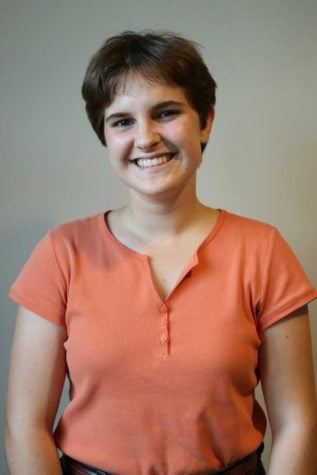
Hannah Shoemaker, News Editor
Early College Senior
Early College Senior Hannah Shoemaker is a lover of many things: writing, dogs, good friends and music. When she isn’t writing, you can be sure to find her watching an episode of The Office or Parks and Recreation. She has been with the paper for one year and wants to engage readers and cover relevant campus and national issues. 
